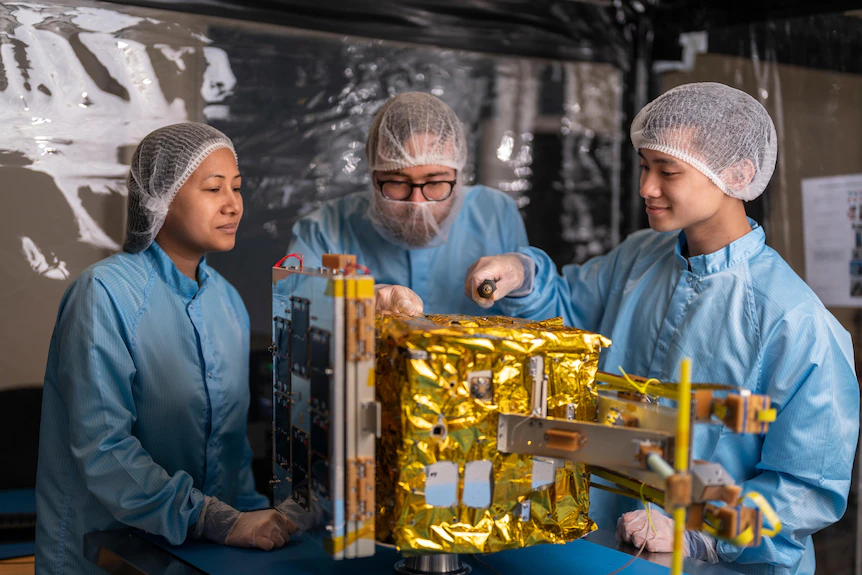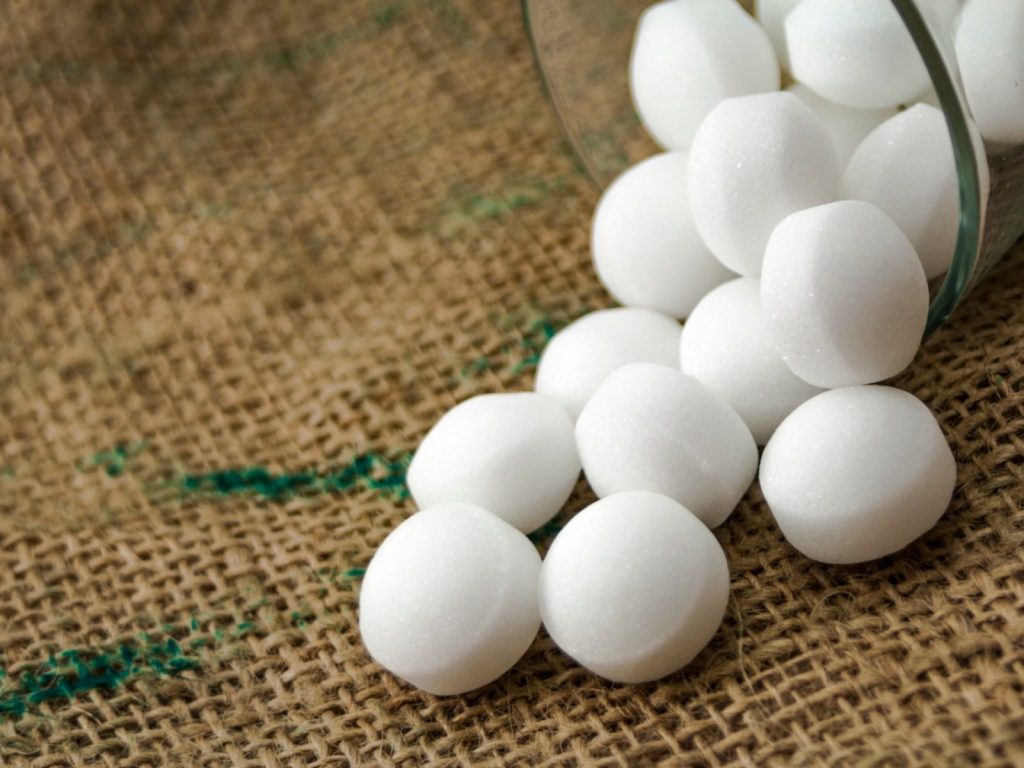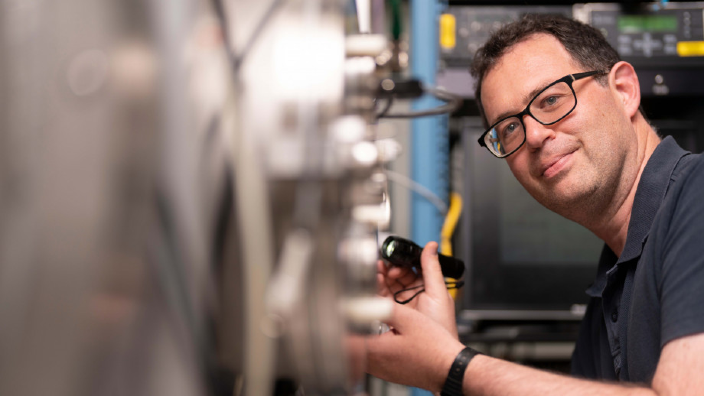Australian scientists from the Australian National University (ANU) in Canberra are testing whether napthalene can power satellite rocket thruster systems, the ABC has reported today.
Napthalene is the white powder with a distinctive odour found in moth balls and toilet deodorant cakes.
ANU PhD scholar Dimitrios Tsifakis is part of the team developing the propulsion system, named ‘Bogong.’

He says naphthalene is a cheap, non-corrosive alternative to hot-charged plasma for powering thrusters on small satellites.
“Naphthalene is ideal because when it is heated it goes straight from solid to gas, with no liquid sloshing about in the thruster,” Mr Tsifakis told the national broadcaster.
“Everyone knows that old smell in granny’s wardrobe; now it is the newest thing in space technology.”

The simple design uses more naphthalene propellant than a plasma thruster system, but it is lighter overall because it requires less electronics.
Designers say the Bogong thruster could also extend satellite life by up to 20 per cent, adding a year of service life.
The Bogong will launch in mid-2022 when it will attempt to power a small satellite carrying an air traffic management system into space.
Source: ABC News.

